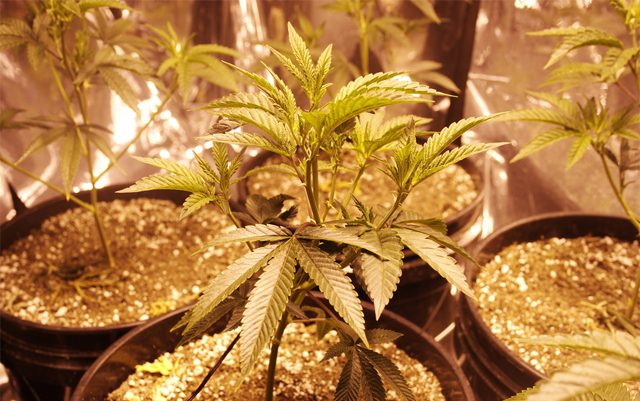Have you ever thought about growing cannabis for the federal government? Probably not. I doubt many of us have ever really thought about that even being a possibility – and yet now it is. For years, the government has had only a single marijuana grow in the entire country located at the University of Mississippi. This supply has been enough for the limited amount of research that has been approved over the years, as well as supplying a very small number of medical marijuana patients since the 1970s.
“The future of this industry definitely starts with research,” Bachtell said. “The opportunity to help progress the acceptance, the elevation, and the professionalism of the medical cannabis industry really starts with research.”
However, with the DEA now under the impression that it is finally time to start some serious research they are realizing that this small and limited amount of cannabis just won’t cut it. They are planning to bring on a limited number of cultivators whose job would be to supply additional strains for research purposes; but cultivators would also be able to grow for commercial purposes, selling cannabis for product development (likely for things similar to G.W. Pharmaceuticals CBD-based medication Epidiolex which is for seizure conditions).
The first places that the DEA reached out to include multiple universities across the nation (especially those with industrial hemp research programs) – which is a natural starting place considering their current grow is located at a university. So far, most of them have turned the offer down. Schools that were considered include Cornell University, University of Kentucky, Virginia Tech, Michigan State, Colorado State, Oregon State and many more. There may be schools who are considering the deal who have not yet come forward with a response one way or another.
One of the main concerns schools are having with the idea of being a part of this government program is the fact that it will be costly to start up. They will need facilities with extreme amounts of security to comply with the DEA’s requirements, along with having to build the new facilities from the ground up in almost every case. The funding simply isn’t there for most schools to consider a program of this sort – not to mention the fact that once they have facilities they still have to figure out how to obtain seeds to start with.
Those who are growing marijuana professionally in the industry will also have the opportunity to apply – though they may not have as good of a chance at getting selected. Unfortunately, the DEA has made a request that is a bit of a catch 22 – they want experienced growers, but anyone who is found to have violated the CSA will be ineligible. Unfortunately, this particular requirement for applicants would disqualify a number of experienced cultivators who have years of experience and have the funding to put up new facilities with top of the line security.
“Among the factors to be considered are whether the applicant has previous experience handling controlled substances in a lawful manner and whether the applicant has engaged in illegal activity involving controlled substances,” the DEA wrote. “In this context, illegal activity includes any activity in violation of the CSA (regardless of whether such activity is permissible under state law) as well as activity in violation of state or local law.”
Perhaps the DEA will be able to convince a school or two to go along and be a part of this program – which would likely be ideal for them – or maybe they will be forced to overlook their own provision demanding full CSA compliance and allow commercial growers to participate as long as they have always complied with state laws. While they have all the right intentions here – start some intense research so that we can finally reschedule cannabis – they have made a request that denies some of the most qualified individuals and companies in the country from participating in their quest for knowledge.






